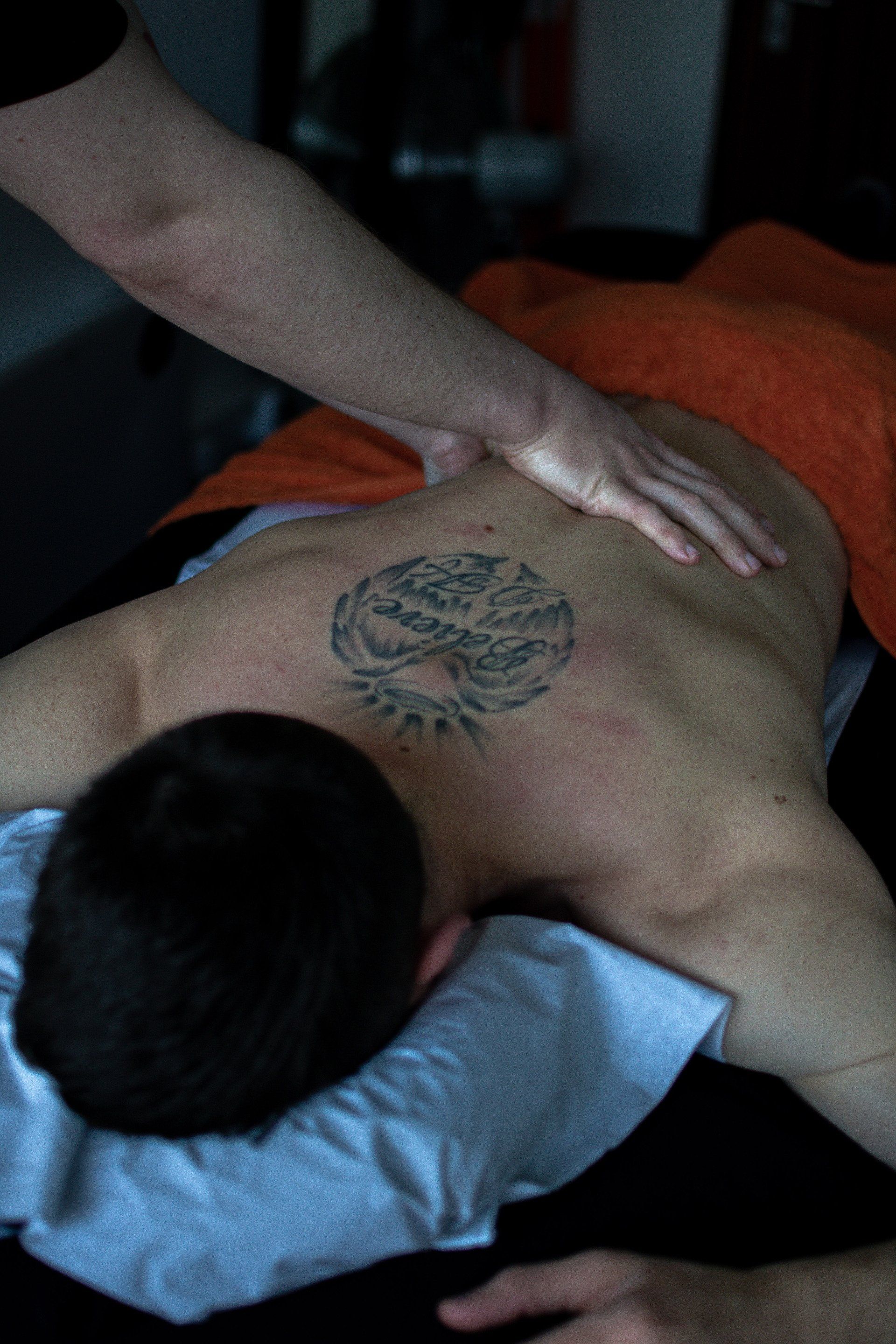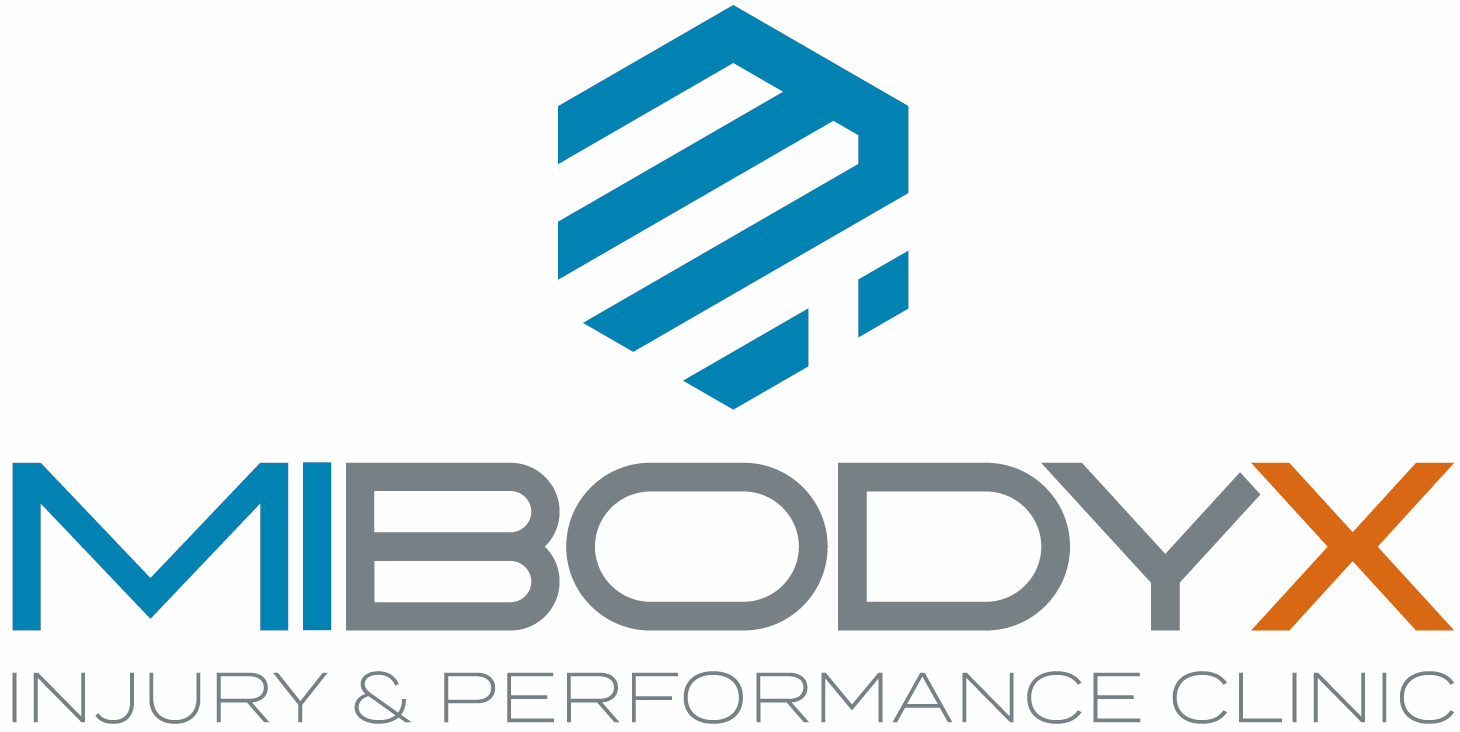Rest Isn't Always Best: The Power of Early Intervention in Injury Recovery
Introduction:
When faced with an injury, the first instinct for many is to rest and hope that time will heal the wound. While rest is essential in the initial stages, research suggests that taking swift action and seeking professional treatment can significantly accelerate recovery. In this blog, we'll explore the science behind why resting injury isn't always the best option and how early intervention can lead to faster healing and a quicker return to your active lifestyle.
1. The Myth of Complete Rest:
It's a common misconception that complete rest is the best approach to recover from an injury. While some rest is necessary to prevent further damage and promote initial healing, extended periods of inactivity can lead to muscle weakening, joint stiffness, and decreased mobility. These factors may hinder your recovery process in the long run.
2. Inflammation Management:
Inflammation is a natural response of the body to injury, but if left uncontrolled, it can impede healing and prolong recovery. Professional treatment, such as physiotherapy or chiropractic care, can help manage inflammation through targeted techniques like ice therapy, heat therapy, and manual therapy. By reducing inflammation, the body can focus on repairing the damaged tissues more effectively.
3. The Role of Physical Therapy:
Physical therapy plays a crucial role in injury recovery. Skilled therapists can assess the extent of the injury, create personalized rehabilitation plans, and guide patients through exercises that strengthen and mobilize the affected area. Research shows that early initiation of physical therapy can significantly improve functional outcomes and reduce recovery time.
4. Promoting Blood Flow and Tissue Repair:
Resting injury for prolonged periods can lead to decreased blood flow to the injured area, hindering tissue repair. On the other hand, controlled movement and therapeutic exercises can promote blood circulation, delivering essential nutrients and oxygen to the injured tissues. This increased blood flow accelerates healing and reduces the risk of secondary complications.
5. Psychological Impact:
Injuries can take a toll on mental well-being, leading to frustration, anxiety, and even depression. Seeking early professional intervention not only addresses the physical aspects of the injury but also provides emotional support and motivation. Knowing that you are actively working towards recovery can have a positive impact on your overall outlook, leading to a faster and more positive healing process.
6. Evidence-Based Success:
Numerous studies support the idea that early intervention and professional treatment lead to better outcomes in injury recovery. Research published in the British Journal of Sports Medicine found that early access to physiotherapy reduced the time to recovery and improved function in patients with musculoskeletal injuries. Additionally, a study in the Journal of Orthopaedic & Sports Physical Therapy showed that patients who received early physical therapy intervention for knee pain experienced significant improvements in pain and function compared to those who delayed treatment.
Conclusion:
The adage "time heals all wounds" does not always apply when it comes to injuries. While rest is essential in the initial phase, taking swift action and seeking professional treatment can make a world of difference in your recovery journey. Early intervention helps manage inflammation, promotes blood flow and tissue repair, and addresses the physical and psychological aspects of injury. With the power of science-backed research supporting the benefits of early treatment, why wait? Act now, and pave the way for a quicker and more successful recovery.
Remember, always consult a qualified healthcare professional or therapist to determine the best treatment plan for your specific injury.

